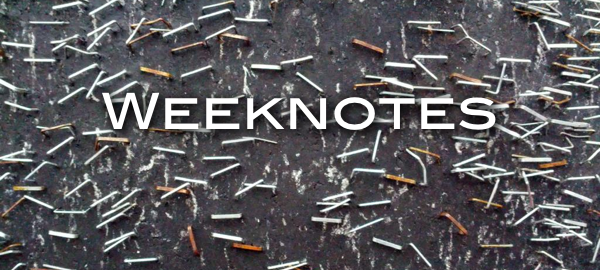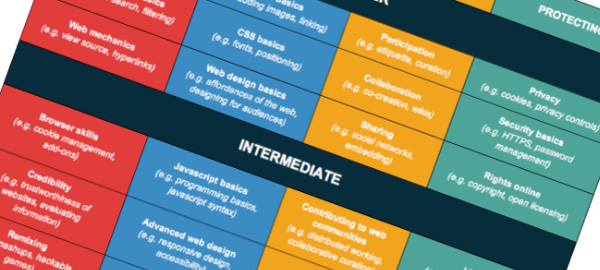Does Open Education and the Open Web need ‘defending’?
Over in the Mozilla Webmaker Google+ community it’s the final day of our online discussion as part of Open Education Week. Today’s prompt asks: Do we need to protect the Open Web and Open Education? If so, who or what from? How do we do that?
My short answer to this would be yes we do need to protect Open Education and the Open Web. We need to protect them from commercial, proprietary providers looking to profit from creating silos. How do we do that? I’d argue by innovating in ways that are different from those looking to make a quick buck.
It’s obvious, but worth stating: I’ve no problem with people charging for services. The issue is more to do with the overall landscape. If all you’ve got is shiny silos from which to choose, it’s a frustrating pseudo-choice. Openness proposes and provides a different way to do things than following the logic of the market.
The problem is that ‘Open’ is an ambiguous term and seems to have become the latest fad. Martin Weller points out that in many ways ‘Open’ is the new ‘green’:
The old “open vs. proprietary” debate is over and open won. As IT infrastructure moves to the cloud, openness is not just a priority for source code but for standards and APIs as well. Almost every vendor in the IT market now wants to position its products as “open.” Vendors that don’t have an open source product instead emphasize having a product that uses “open standards” or has an “open API.
As Audrey Watters has eloquently stated, the fight is now who gets to decide what counts:
This battle involves the ongoing struggle to define “what is open.” It involves the narratives that dominate education – “education is broken” and “disruption is inevitable,” for example – and the “solutions” that “open” purports to offer. It involves a response to the growth of corporate ecosystems and commercial enclosures, built with open source technologies and open data initiatives. And all of this, I would argue, must involve politics for which we shouldn’t let “open” be an easy substitute.
As the term ‘MOOC’ (Massive Online Open Course) has shown, you can’t have it both ways: if a term includes enough ambiguity and flexibility to be widely adopted, then those who originally defined it no longer have control over the definition. It’s out in the wild. Like a virus, the definition mutates over time.
It’s not the word ‘Open’ we need to protect, it’s the spirit behind it. We’re fighting a losing battle if we expect a word to mean the same thing for all eternity. Instead, as a community we should create, sustain and release new terms to help shed light on the things we believe to be important and hold dear.
Finally, as Audrey reminds us in the quotation above, to align yourself with an agenda of Openness is a political statement. As such we should be prepared to get our hands dirty and fight for what we believe.
Image CC BY-NC-SA John Carleton



